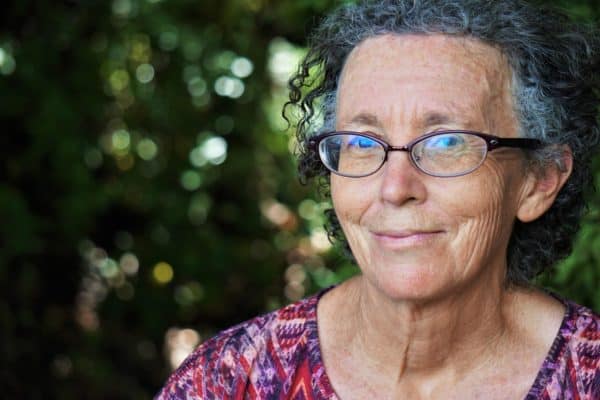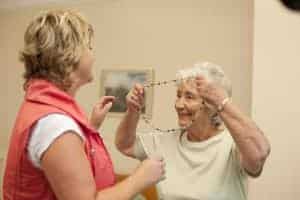Read about the different elderly care options available to ensure you have a fulfilling and independent later life.
There are currently over 11.4 million people aged 65 or over in the UK, according to AgeUK, and those over 50 make up over a third of the UK population. These figures are set to rise as the population ages, which means that there will be increasing pressure on the care industry to provide adequate care for those who need it. Luckily, there are different types of care and support options available for you or your loved one. In fact, there are probably more choices than you might think.
If you are in a position where you are considering care and you want a good introduction into the most common types, take a look at our easy overview of potential choices available to you:
Home Care / Live-in Care
Our “Better At Home” Report revealed that a massive 98% of people would prefer to remain in their own home even if they became unable to care for themselves. Home care or live-in care is an option that means you can stay in your own home whilst receiving the professional care you need – either via daily care visits or from a live-in carer.
Even better, the costs are comparable to residential care homes. Live-In Care at home can cover most care needs, from help with feeding and dressing, medication management, help with running errands and mobility, to keeping the house tidy and clean and companionship.
Nurse Led care is also offered by some providers which includes services like pain management, rehabilitation, and specialist medical care. Home care is almost always unique to each client and designed around the client’s needs. In many cases the carer lives with the client meaning there is not a need to move away from their own home.
We know of some wonderful stories of very elderly people still living independently with the help of professional care in their own home. We recently read about one lady aged 99 and still managing with just visiting carers during the day to help her.
Respite Care
Respite care is where a professional carer will come to the home and provide care when the main family carer (often a relative of the client) is either not available or needs a break or a holiday. This type of care, where needs are around the clock will also be provided by a Live-In Carer.

Home Help
Home helps tend to pop in at an arranged time to provide certain needs for the client such as a preparing a hot meal, cleaning and other household tasks. The help may include personal care depending on the needs of the client and their individual circumstances.
Sheltered Accommodation/ Assisted Living
Sheltered accommodation comes in many different forms. It may be accommodation that the client owns where they have easy access to help and support when needed. It may also be a retirement community which has communal facilities like spas, pools and clubhouses in addition to on-site help such as a warden if required.
Residential Care/ Nursing Homes
Residential care is where a client lives full time in the home, usually in a single room, with support and care available round the clock, along with all their meals and the company of other residents. Nursing homes are very similar but with additional nursing care for those with more intensive medical needs.
Which Option Is Right For You?
The first step when considering elderly care is to do research; so many people assume there is no choice but to move into a care home but as you can see from the brief overview above there are other choices.
It will help to have a care assessment done to understand the type of care you need. Financially, it is also worth speaking to an Independent Financial Advisor for advice on paying for care. Your GP, family and friends will also be able to offer you advice and information, support and opinions on the types of care available to you. By choosing the right care option for you, you can have the fulfilling and independent later life you deserve.






4 Comments. Leave new
There are more options than ever before to support wellbeing in later life!
So many options available!
It’s so important that older people know what all of their options are when it comes to elderly care. It’s only by understanding what the care options are that the right, informed decision can be made that will ensure a happy later life in the right environment.
. How can someone in the USA find in-home care? Are there any companies that work with people in the USA ? How do we make these connections? From the article it seems easier done in the UK…Thanks so much!